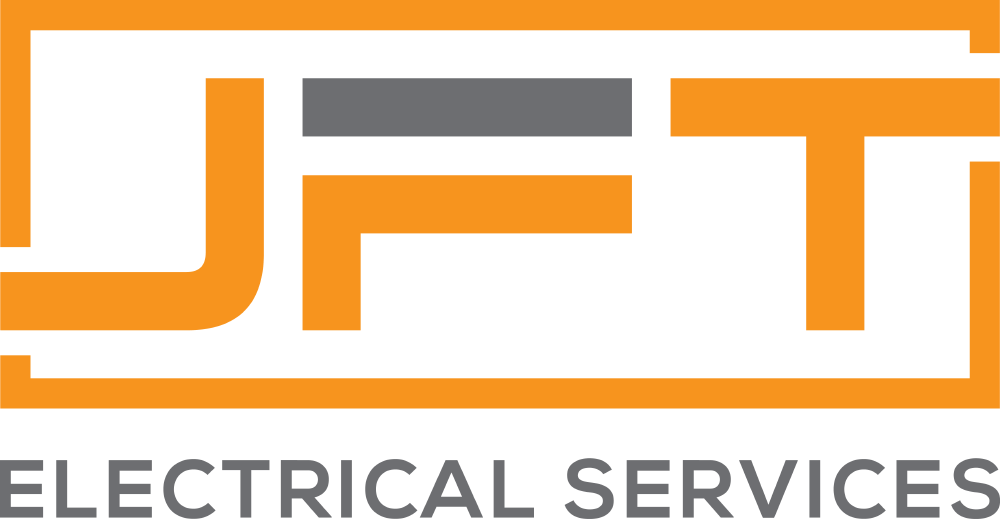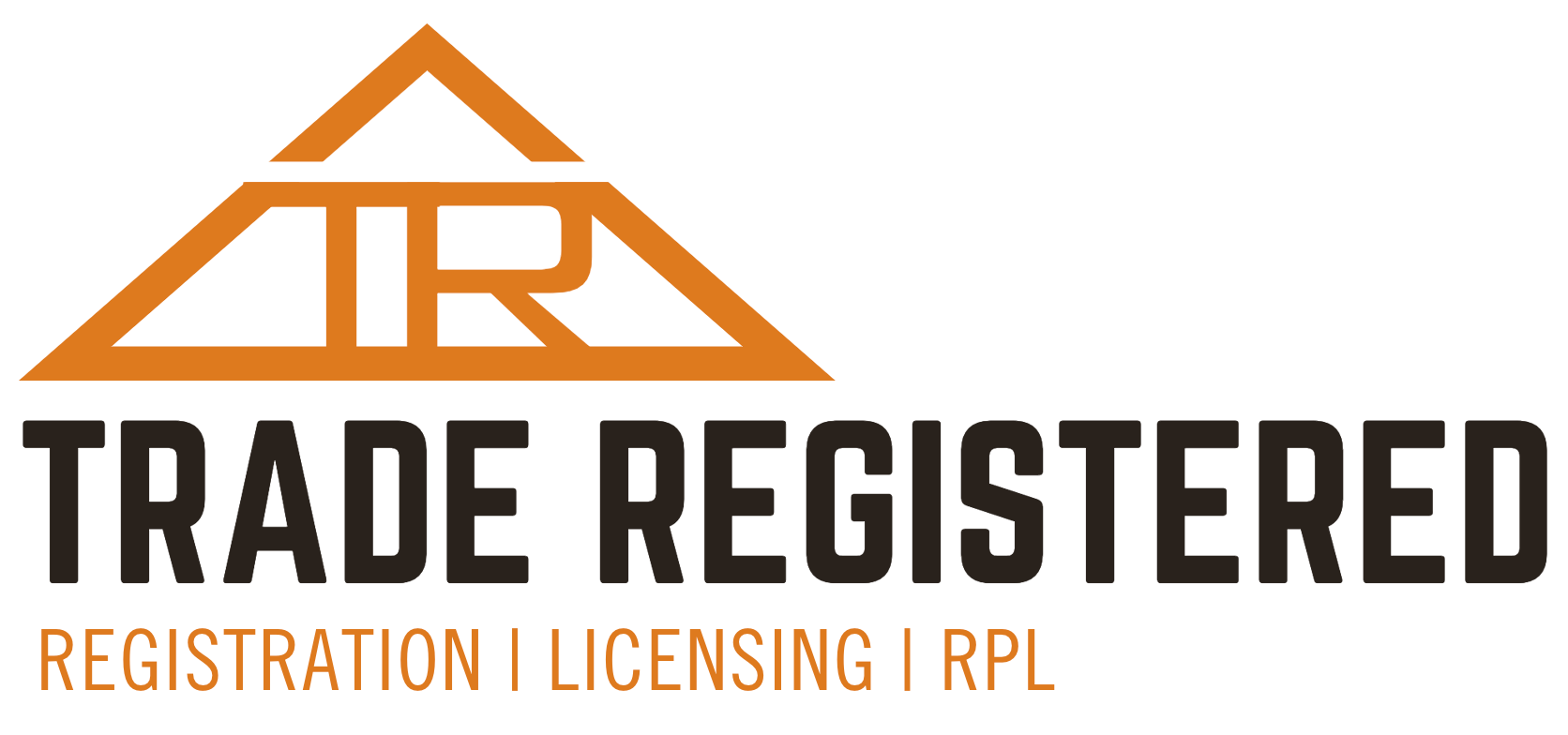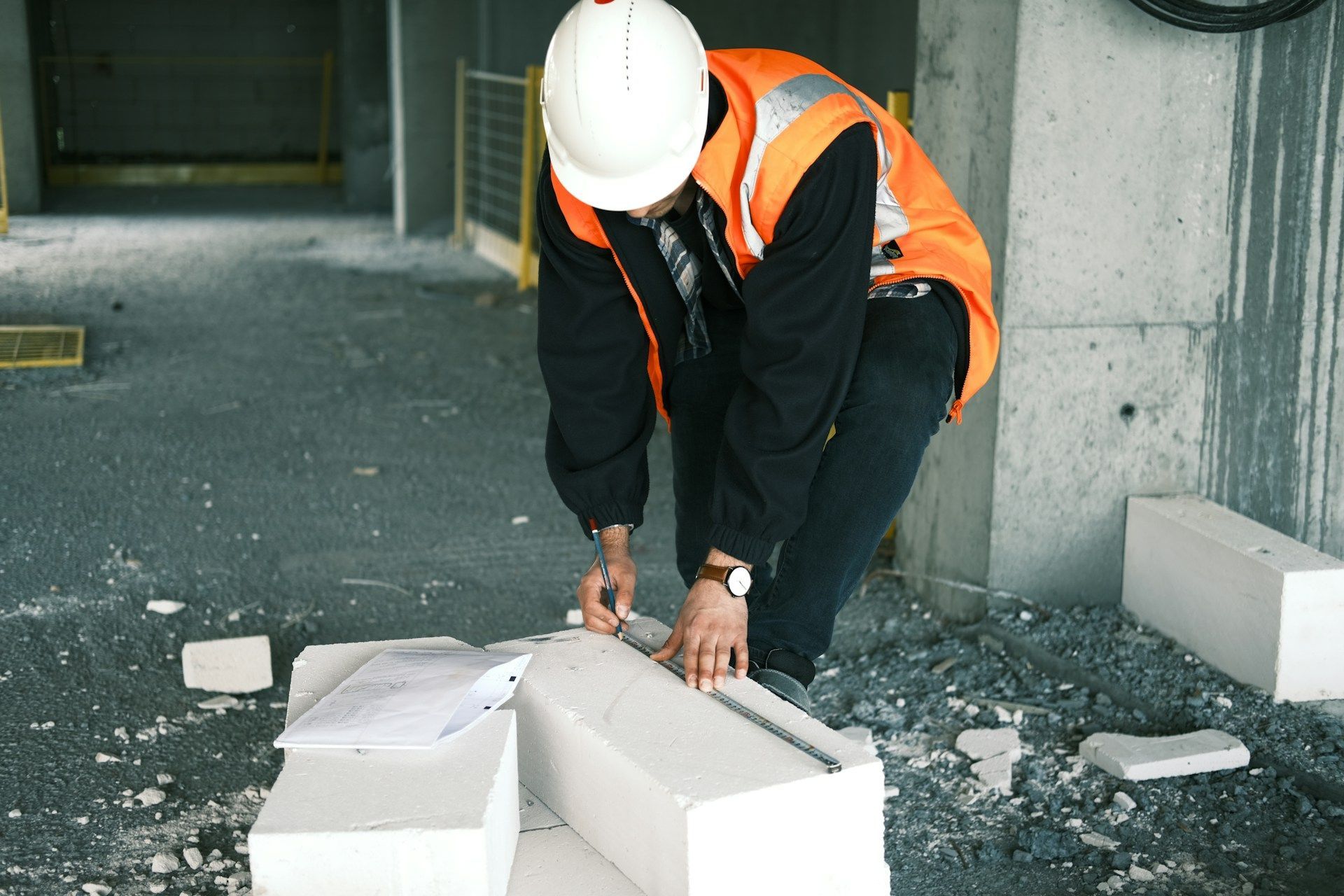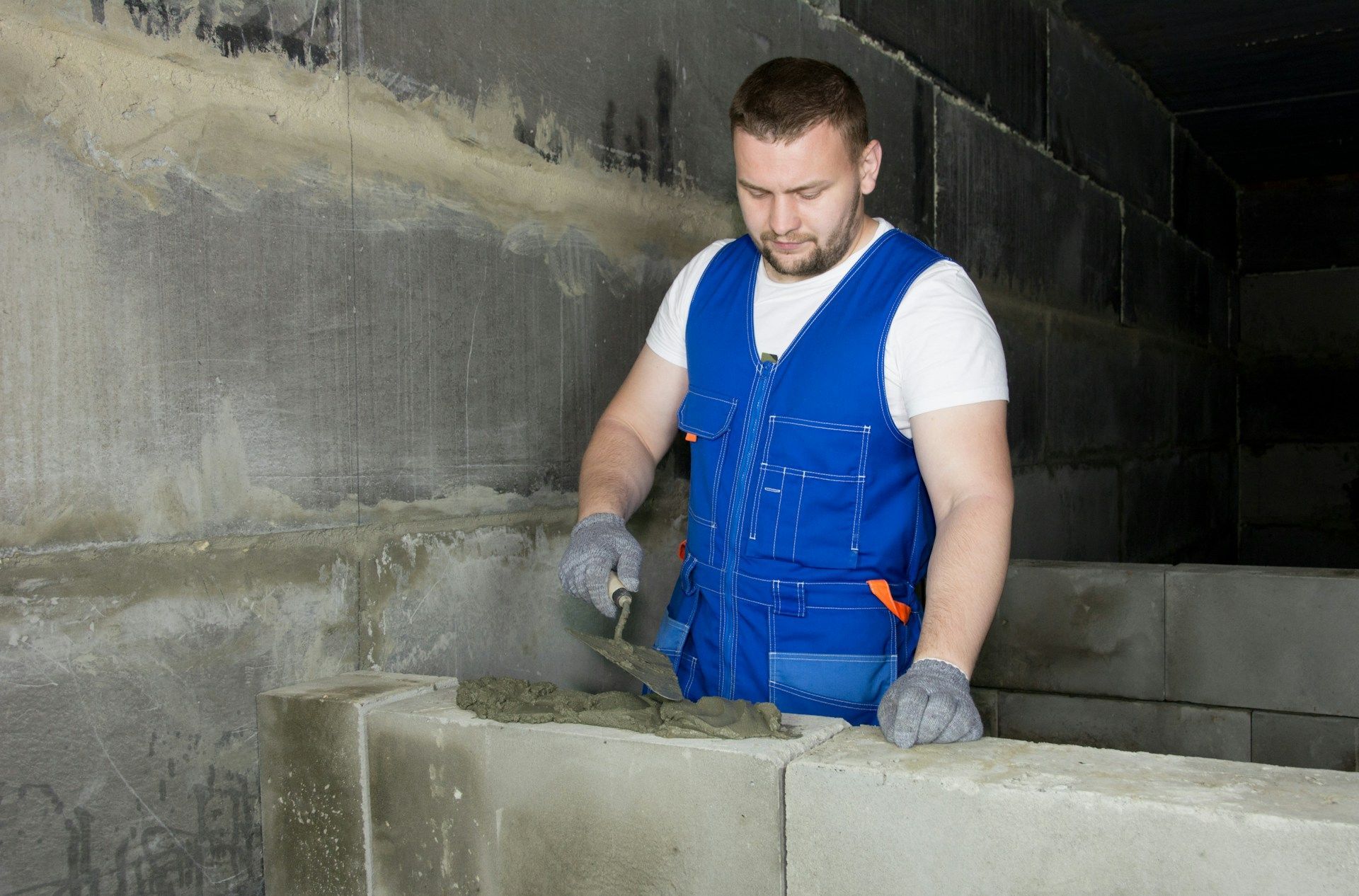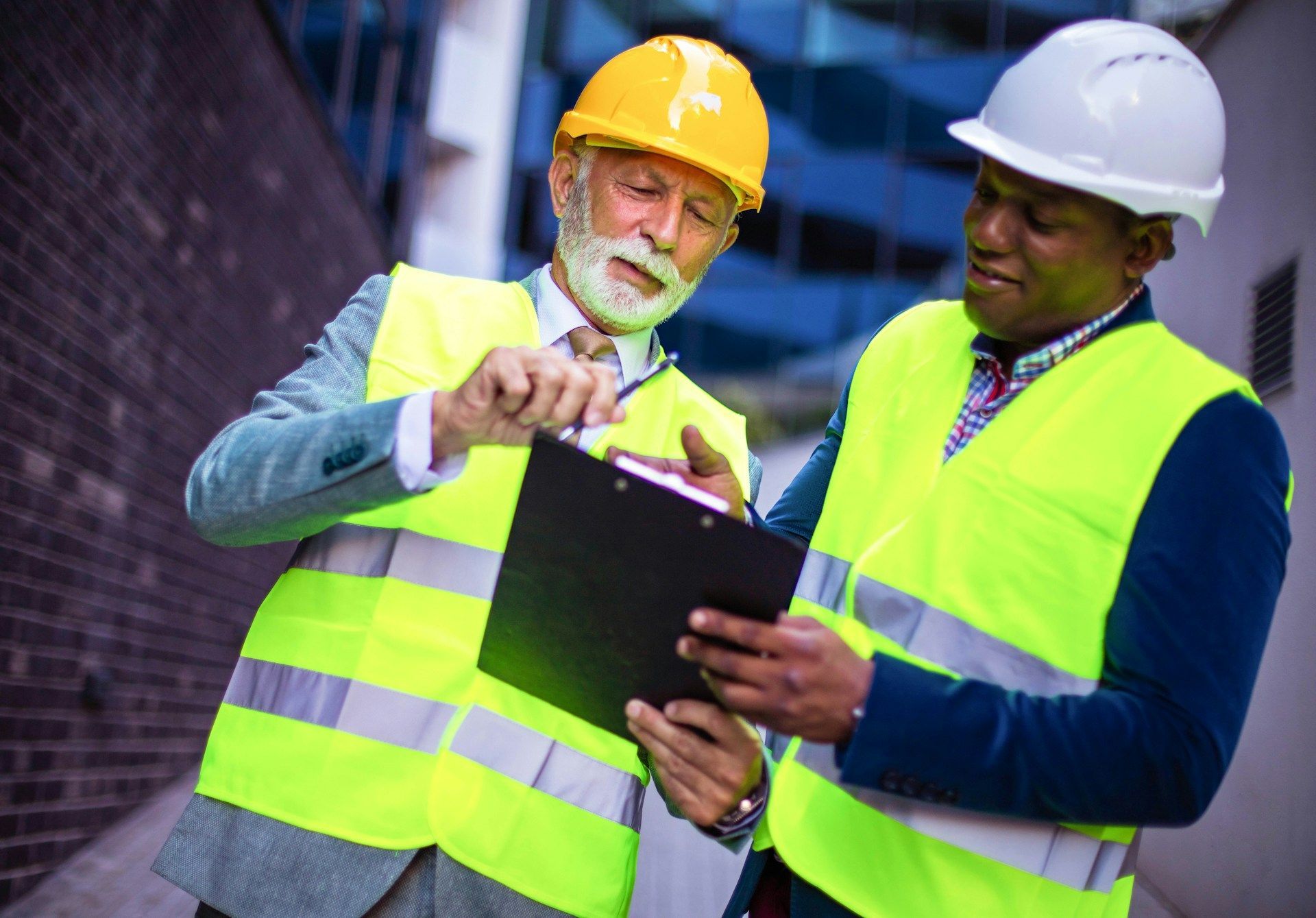How to Successfully Submit Your Builder's License Application in Victoria
Securing a builder's licence in Victoria is a rigorous but rewarding process that opens doors to many opportunities in the construction industry. One of the critical steps involves passing the Victorian Building Authority (VBA) licensing exam and interview. These assessments ensure that only qualified and competent individuals are entrusted with building responsibilities, maintaining the high standards the industry demands.
Navigating the licensing exam requires a deep understanding of the material and effective study strategies. The interview, on the other hand, evaluates your practical experience, problem-solving skills, and ability to articulate your work clearly. Being well-prepared for both components is essential.
From gathering the necessary documentation to understanding what to expect during the interview, each step plays a crucial role in obtaining your builder’s licence. This guide will take you through proven strategies and practical tips to help you succeed in these crucial assessments.
Preparing Your Documentation for a Builder's Licence Application
1. Understanding the Required Qualifications
Obtaining your builder's licence starts with having the necessary qualifications. The Victorian Building Authority (VBA) requires applicants to hold certain educational credentials and relevant work experience. Typically, you need to have completed a recognised tertiary qualification in building and construction or a related field. In some cases, extensive industry experience may substitute for formal qualifications, but this is assessed on a case-by-case basis.
Qualifications are crucial to demonstrate your competency and knowledge of the industry. Ensure your educational certificates are up-to-date and from accredited institutions. If you're leveraging work experience, detailed project summaries, timelines, and specific roles on projects can help substantiate your application. Keep track of all your qualifications and ensure they align with the requirements set by the VBA.
2. Gathering Professional Indemnity Insurance and Financial Documents
Professional indemnity insurance is mandatory for all applicants. This type of insurance protects you against claims of professional negligence or mistakes. It’s a non-negotiable requirement and speaks to your professionalism and preparedness for unforeseen challenges in your work.
Financial documents are also a crucial part of your submission. These include your business financial statements, tax returns, and evidence of financial stability. These documents help the VBA assess your capability to manage the financial aspects of building projects. Make sure all your financial records are organised and verified by a professional accountant to avoid any delays or issues with your application.
3. Compiling Industry References and Past Project Evidence
References from industry professionals who can attest to your skills and experience are invaluable. These should be individuals who have worked closely with you and can vouch for your competency and work ethic. Aim to gather references from a variety of sources, like previous employers, colleagues, or clients, to provide a well-rounded view of your abilities.
Detailed evidence of past projects is also necessary. Compile photos, plans, permits, and completion certificates for projects you've worked on. Highlight specific tasks you undertook and any challenges you overcame. This evidence showcases your practical experience and helps the VBA get a clear picture of your hands-on skills and project management capabilities.
Step-by-Step Guide to Completing the Application Form
1. Filling Out Personal Information Correctly
Accurate personal information is essential when completing your builder's licence application form. Ensure all fields, such as your full name, address, contact details, and identification information, are filled out correctly. Any discrepancies or errors can result in delays or rejections.
Be meticulous with this section. Double-check all entries before submitting the form. Consistency in your personal details across all documentation is vital. This section might seem straightforward, but it forms the basis of your application and sets the tone for the rest of the process.
2. Choosing the Right Builder Registration Category
Choosing the right registration category that aligns with your qualifications and experience is crucial. The VBA offers different categories such as Domestic Builder (Limited or Unlimited), Commercial Builder, and more. Each category has specific requirements and scopes of work you're allowed to undertake.
Review the categories carefully and select one that matches your expertise and the type of projects you intend to work on. Misjudging your category can lead to complications or even rejection, so take the time to understand each option thoroughly. This decision will impact the scope of your work and opportunities in the building industry.
3. Including Educational and Professional Background Information
Your educational and professional background information forms an essential part of the application. Clearly outline your academic qualifications, including the institutions attended, courses completed, and dates of graduation. Attach certified copies of your certificates to support your claims.
Additionally, present a detailed account of your work experience. Mention the companies you have worked for, your roles, and the duration of each employment. Highlight specific responsibilities, significant projects, and your role in them. This section should provide a comprehensive view of your journey in the building industry, making it clear that you meet the VBA's standards for a licensed builder.
Tips for Passing the VBA Licensing Examinations
1. How to Prepare for the Technical Referee Report
The Technical Referee Report is a crucial part of the VBA licensing examinations. It assesses your technical expertise and confirms that you have the necessary skills for the job. Begin by selecting a referee who has observed your work closely and is familiar with your capabilities. The referee should hold a position of responsibility, such as a supervisor or project manager, who can vouch for your technical proficiency.
Provide your referee with detailed information about the specific projects you have worked on and the roles you played. Preparing clear and accurate project documentation can help your referee draft an effective report. It's essential to have this information ready well before your assessment to avoid last-minute hassles.
2. Studying for the Business Management Exam
The Business Management Exam evaluates your understanding of the administrative and financial side of being a builder. Familiarise yourself with topics such as contract management, workplace health and safety, project planning, and financial management. These areas are tested to ensure you can manage a building project efficiently, both legally and financially.
Create a study schedule that allocates time to each of these topics. Use available resources, including textbooks, online courses, and study guides specifically designed for builder licensing. Practising with past exam papers can also help identify areas where you need further study. Keep in mind that this exam isn’t just theoretical; practical knowledge gained from your work experience will be very useful.
3. Utilising VBA Practice Resources Effectively
The VBA offers various practice resources that can greatly aid your preparation. These resources include sample questions, study guides, and practice exams that mimic the actual test conditions. Use these tools to familiarise yourself with the format and types of questions you will encounter.
Set aside time to regularly complete practice exams under timed conditions. This will not only enhance your test-taking skills but also build your confidence. Review your results to identify weaknesses and focus your study on those areas. Consistent practice will make you more comfortable with the exam structure and improve your chances of success.
What to Expect During the VBA Registration Interview
1. Common Interview Questions and How to Answer Them
The VBA registration interview is your opportunity to demonstrate your knowledge and experience in person. Expect questions about your past projects, problem-solving abilities, and understanding of building codes and regulations. The interviewer will explore your practical experience and assess how you handle real-world scenarios.
Prepare by reviewing your project portfolio and being ready to discuss specific aspects, such as challenges faced and how you overcame them. Practising common questions with a peer or mentor can help you articulate your thoughts clearly. Confidence and clarity when discussing your experience will leave a positive impression.
2. Presenting Your Past Projects with Confidence
During the interview, you will need to present evidence of your past work. Bring a portfolio that includes detailed documentation, photographs, and endorsements from clients and colleagues. Organise your portfolio in a way that clearly highlights your contributions and achievements.
Speak confidently about your role in each project and the skills you demonstrated. Use specific examples to illustrate your capabilities. This part of the interview is an opportunity to showcase your expertise and reliability as a builder. Being well-prepared and organised will help you navigate this smoothly.
3. Understanding the Interview Evaluation Criteria
Knowing what the interviewer is looking for can help you prepare more effectively. The evaluation criteria typically include your technical knowledge, problem-solving skills, understanding of regulatory requirements, and professional conduct. Familiarise yourself with these criteria by reviewing the VBA guidelines available on their official site.
Ensure you provide clear, concise, and honest answers. Demonstrating a thorough understanding of the building process, from planning to completion, will show that you are qualified and ready for the responsibilities of a licensed builder. Remember, the interview is your chance to substantiate your written application with a strong personal impression.
Confirming Submission and What Happens Next
After completing the application, examinations, and interview, it's essential to confirm that all your materials have been submitted correctly. Double-check that you have provided all required documents and that they are accurate. Submission confirmation is typically available through the VBA portal, where you can track the status of your application.
Understanding the next steps helps manage your expectations. Generally, the VBA will review your submission, which might take several weeks. If you’ve submitted everything accurately, you’ll receive a decision by mail or email.
How to Respond to Common Application Outcomes
There are several potential outcomes to your application. If you’re approved, the next steps involve receiving your licence and understanding your new responsibilities. Celebrate this milestone, but also stay informed about continuous professional development to maintain your licence.
If your application is unsuccessful, carefully review the reasons provided by the VBA. Often, applications are rejected due to incomplete documentation or insufficient evidence of experience. Use the feedback to address these areas before reapplying. You may also consider appealing the decision if you believe there was an error in the assessment.
Following Up with the VBA and Next Steps if Rejected
If you need to follow up with the VBA, do so promptly and professionally. Seeking clarification or additional information can help you understand precisely what needs improvement. The VBA offers resources and support for reapplying, including guides and consultations.
In case of rejection, take it as an opportunity to strengthen your application. Enhance your portfolio, gather more references, or pursue additional qualifications if necessary. Persistence and a willingness to improve will eventually lead to success in obtaining your builder’s licence.
A Guide to the Victorian Builder's License Application Process
Obtaining your builder's licence is a significant achievement that requires dedication and thorough preparation. Whether you're starting the application process or preparing for the exams and interview, every step is crucial.
For expert guidance and support, reach out to Trade Registered. We specialise in helping you navigate the licensing process smoothly and efficiently. Contact us today to get started on securing your
builder's licence in Victoria!
